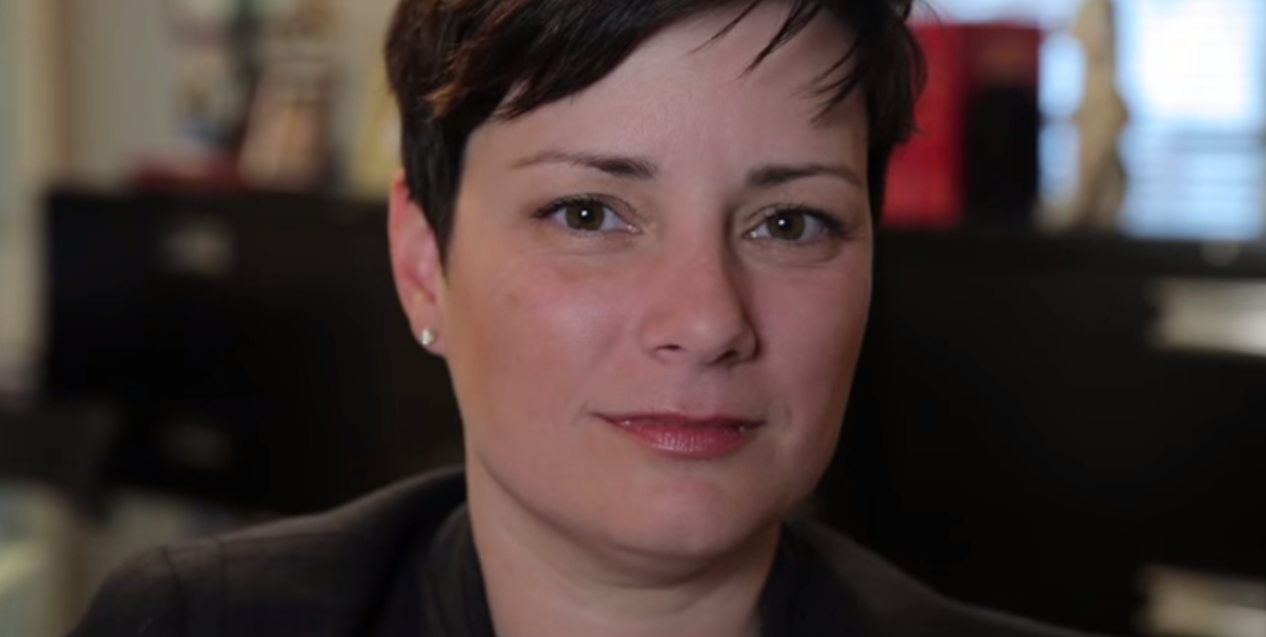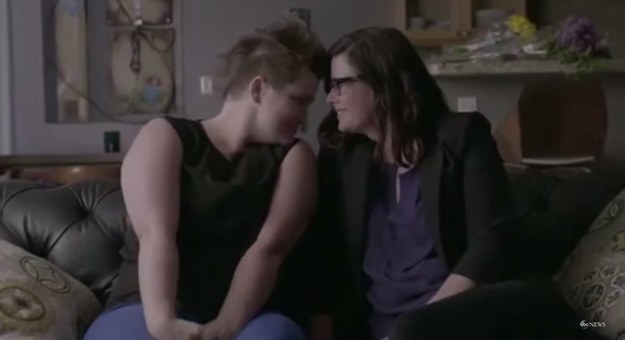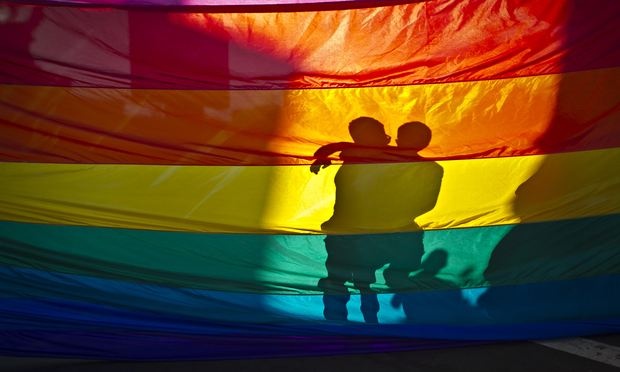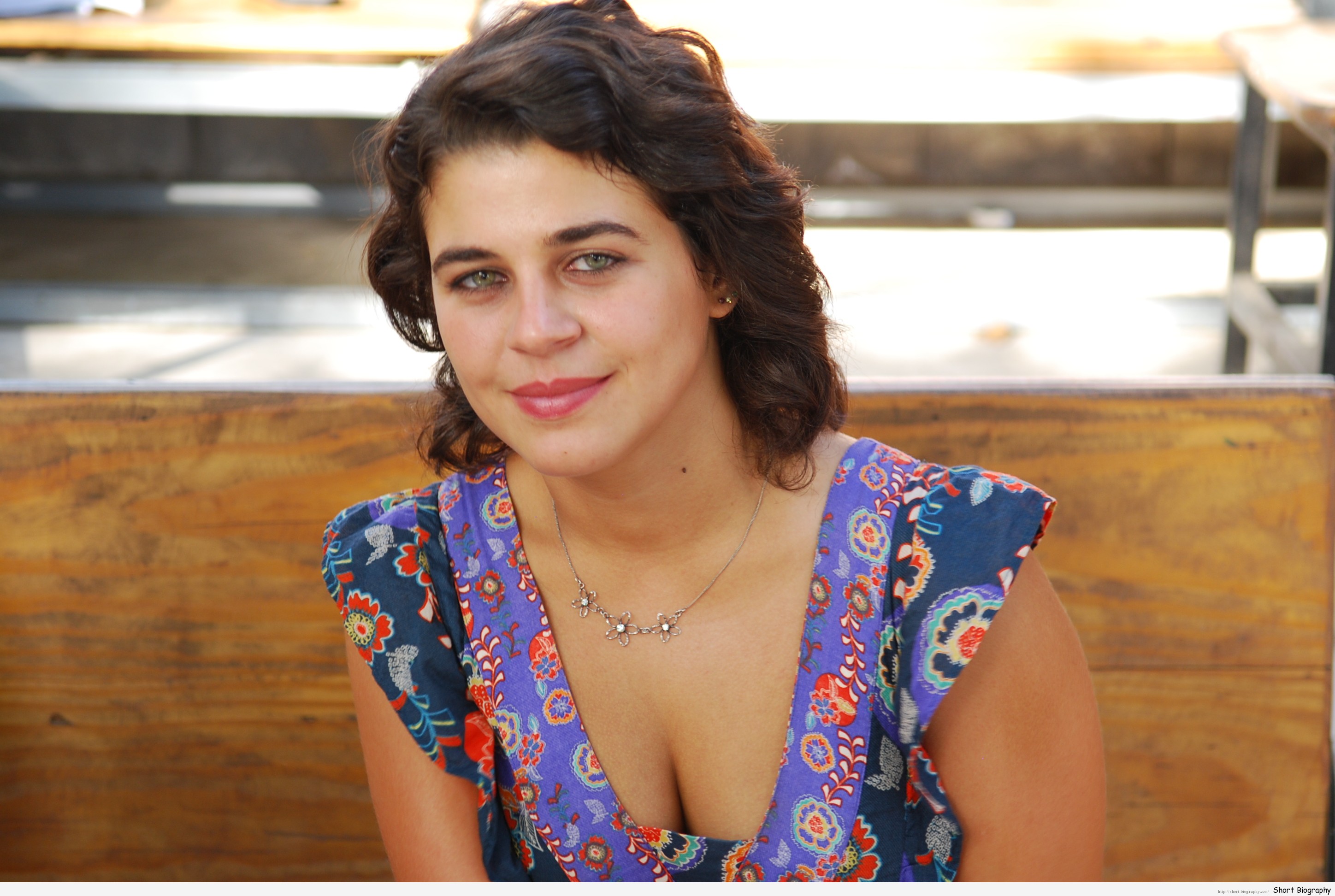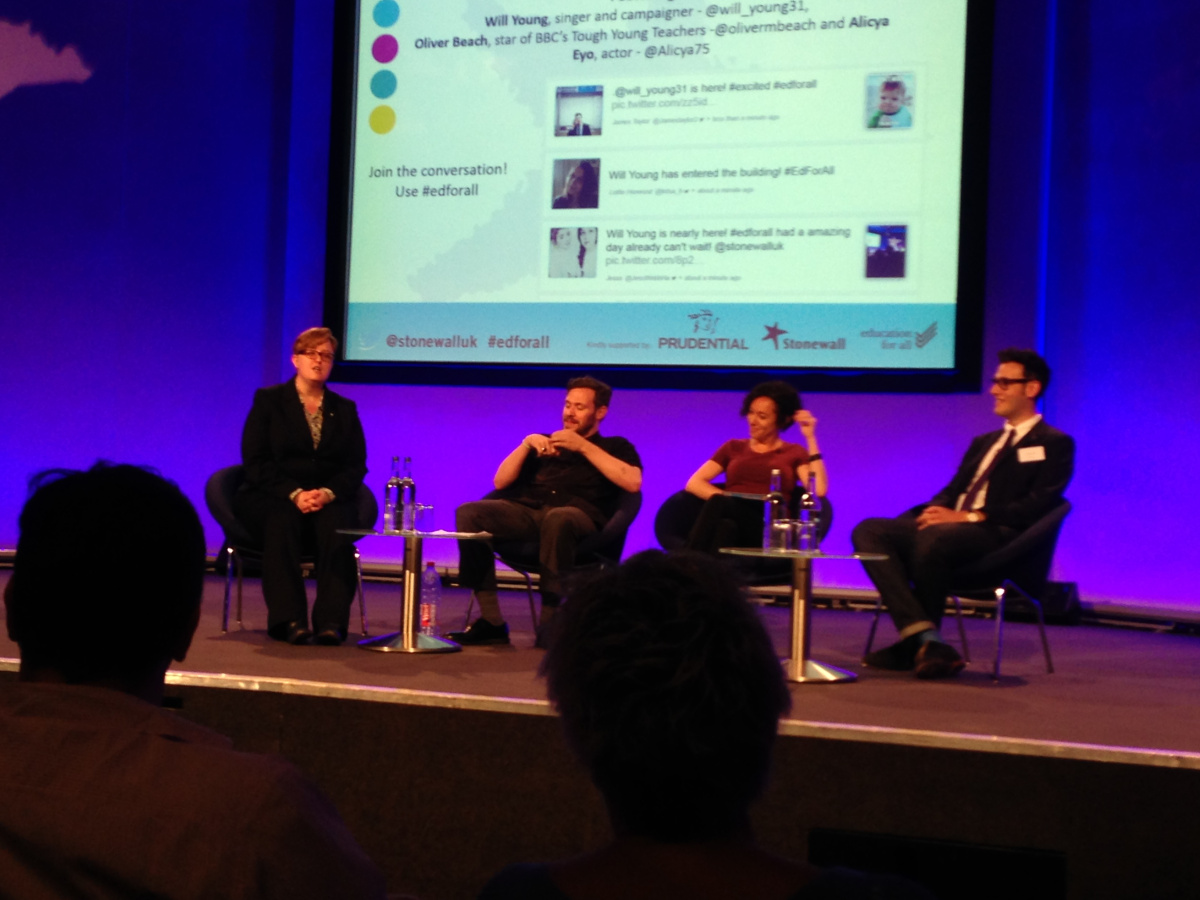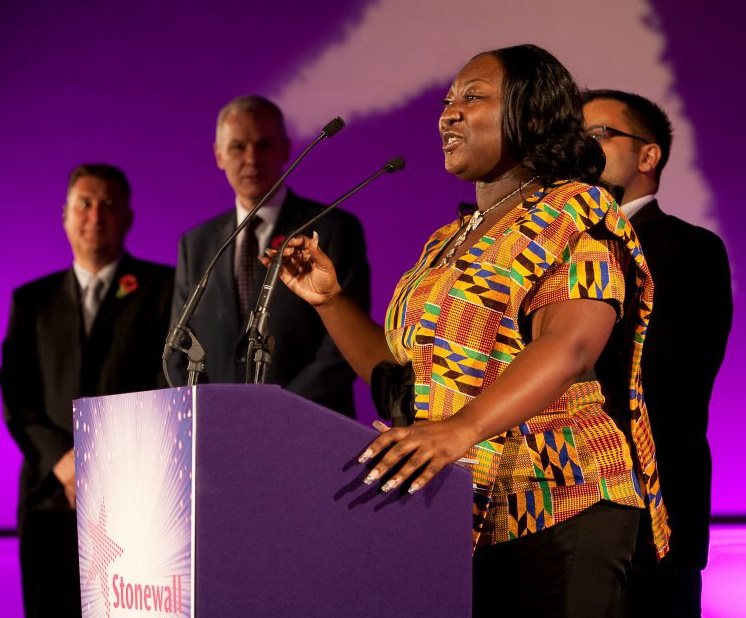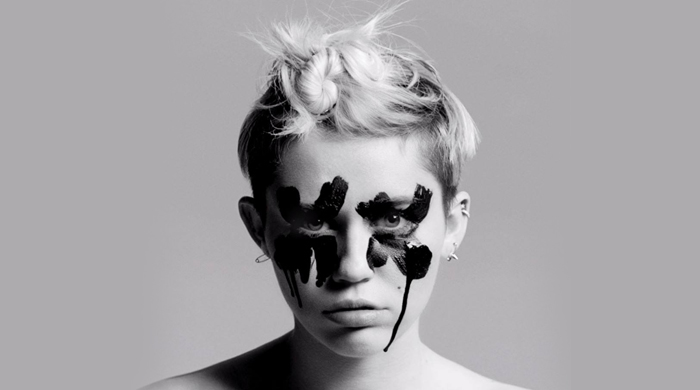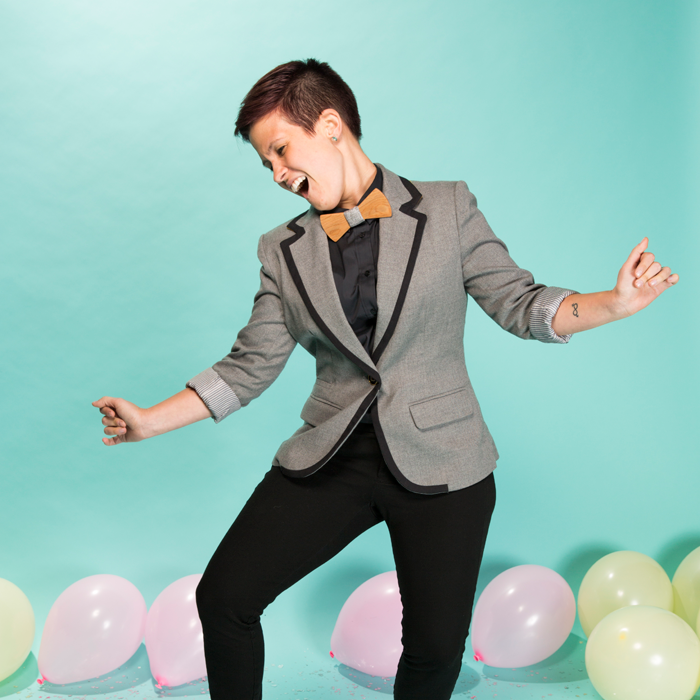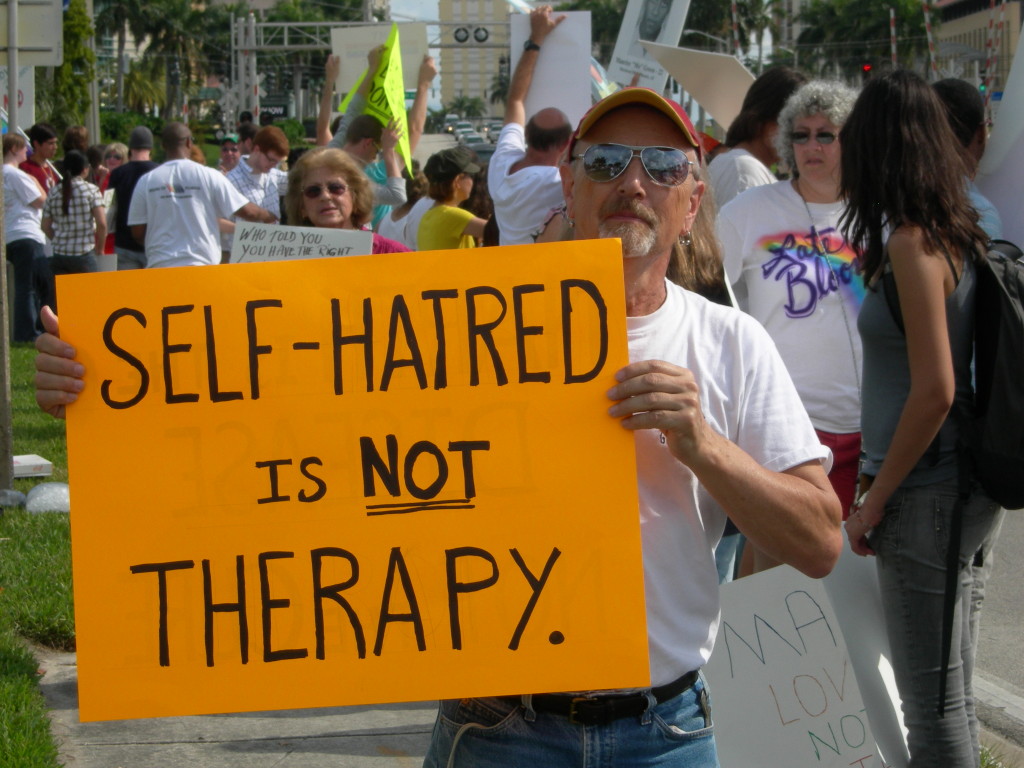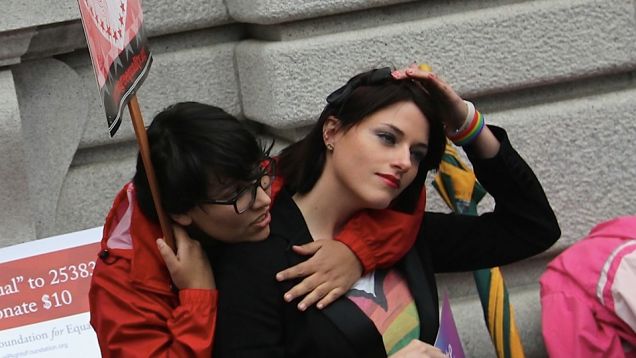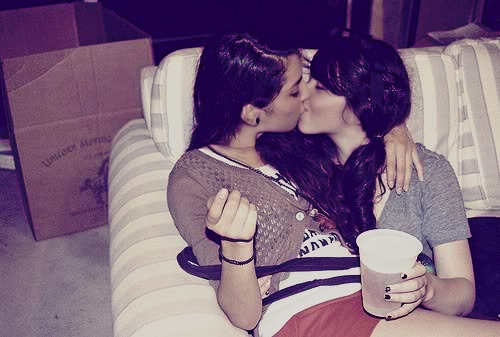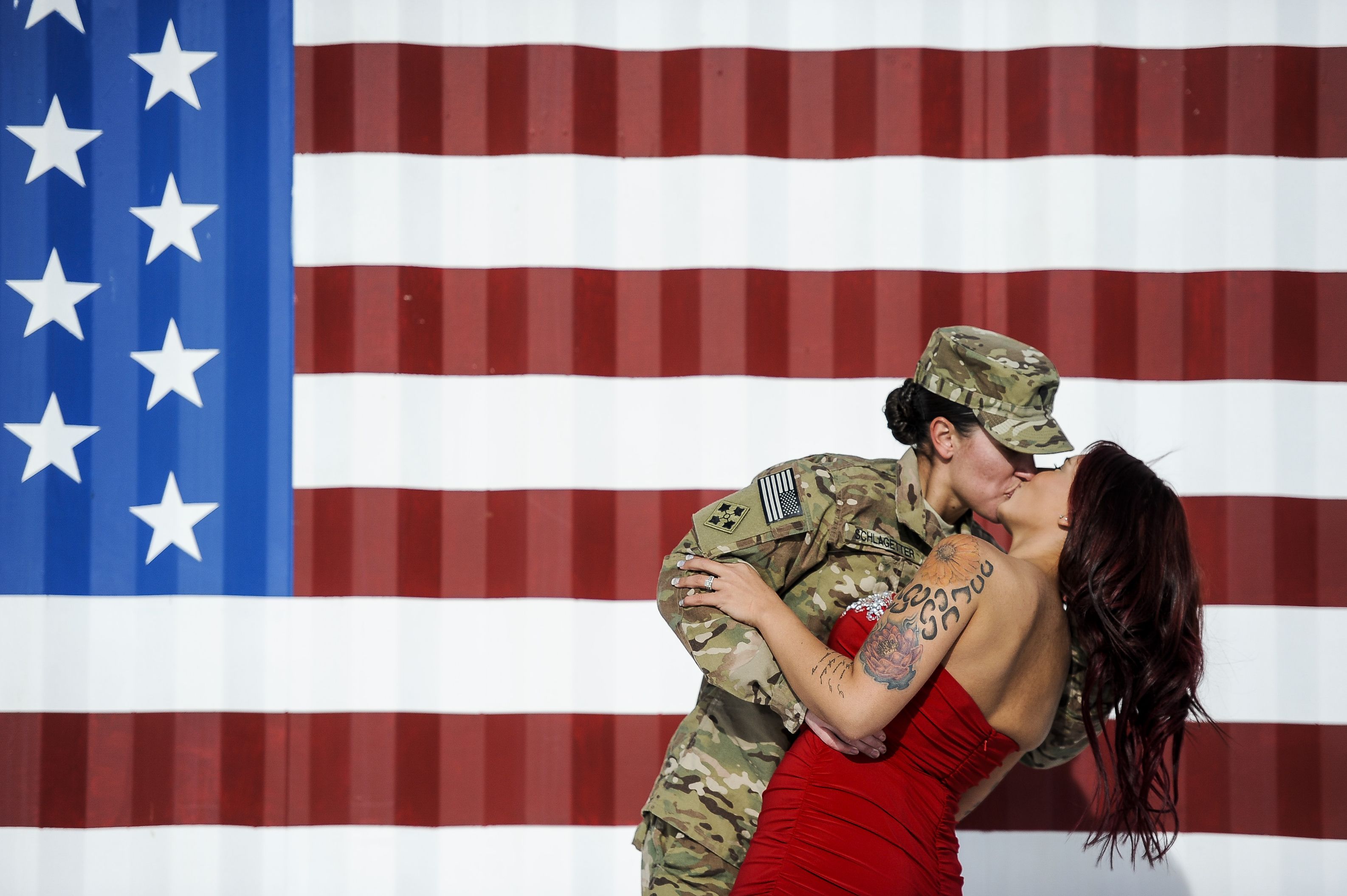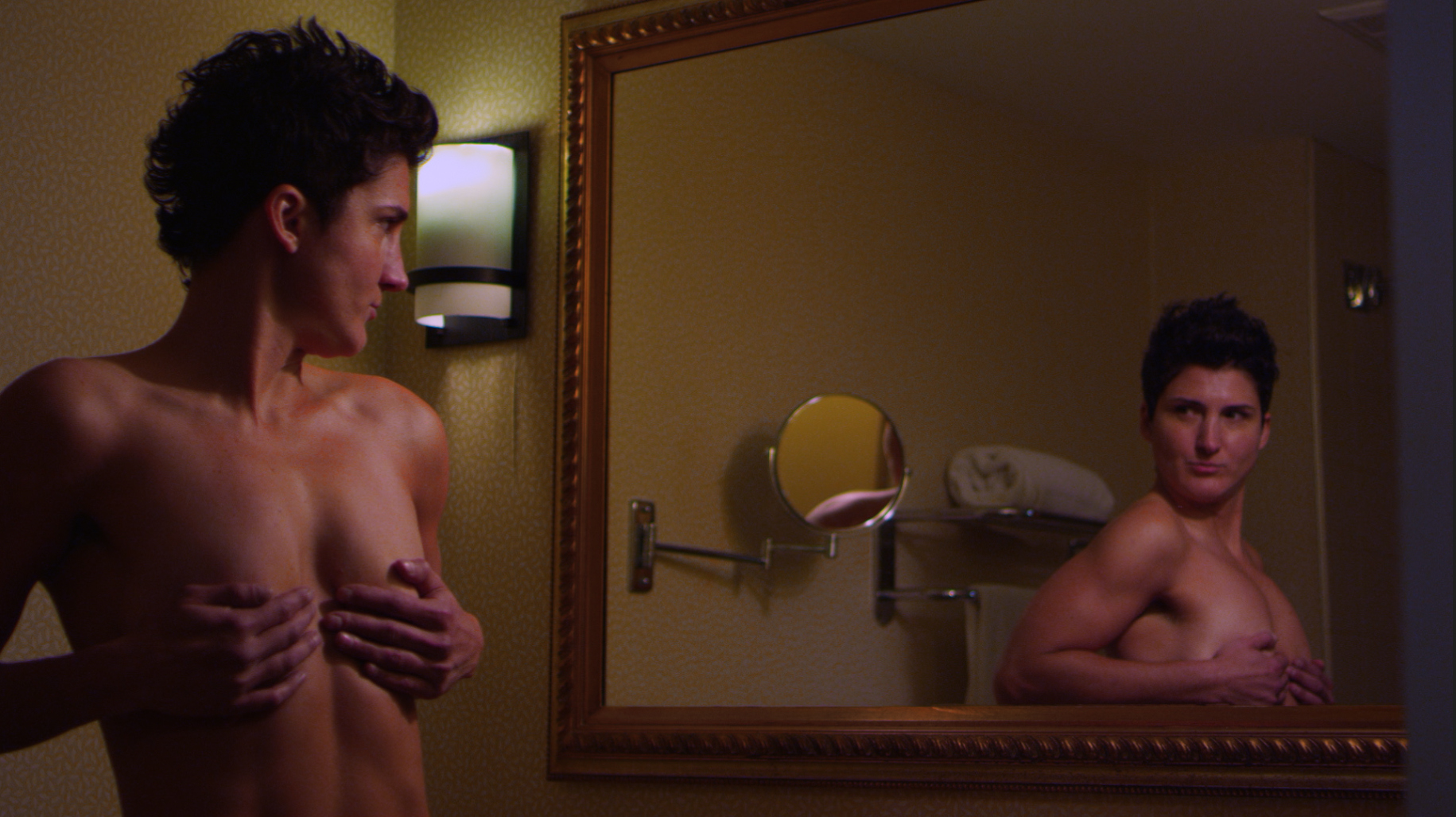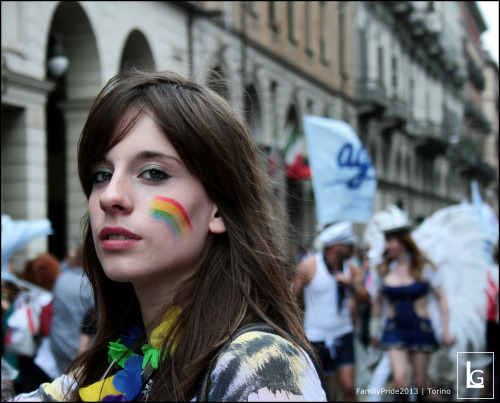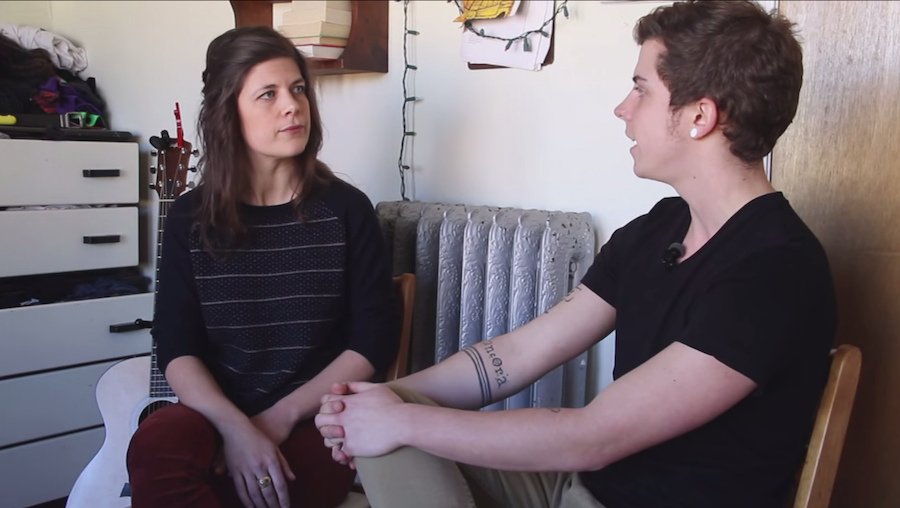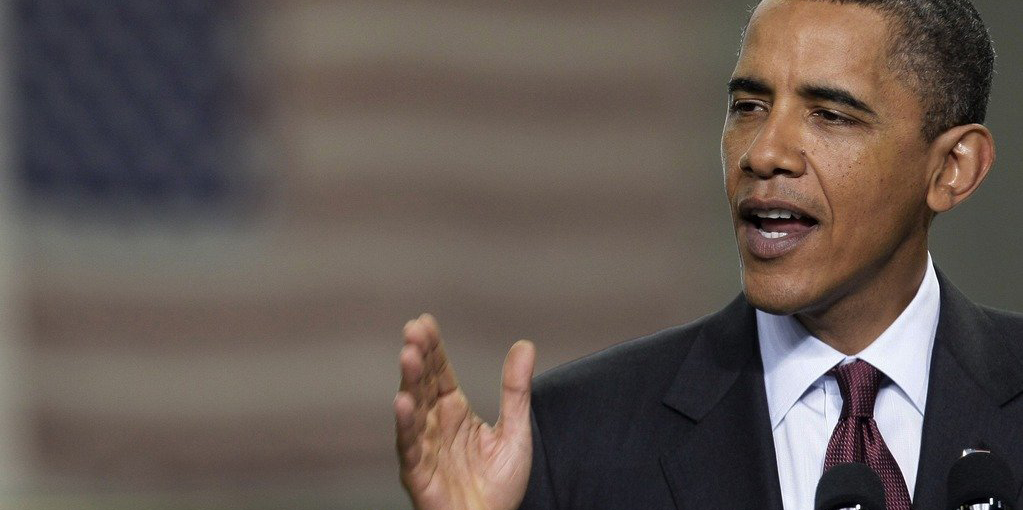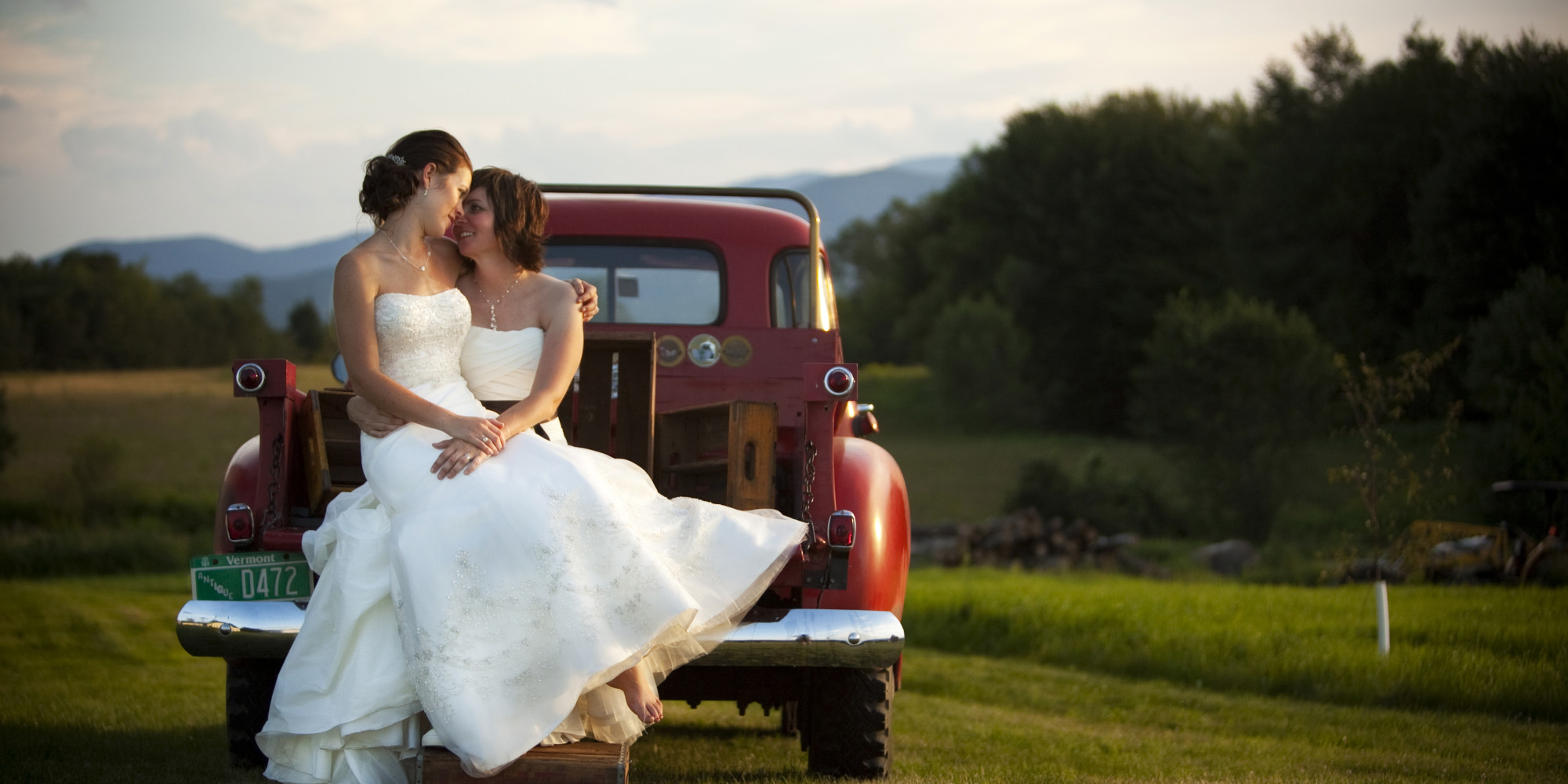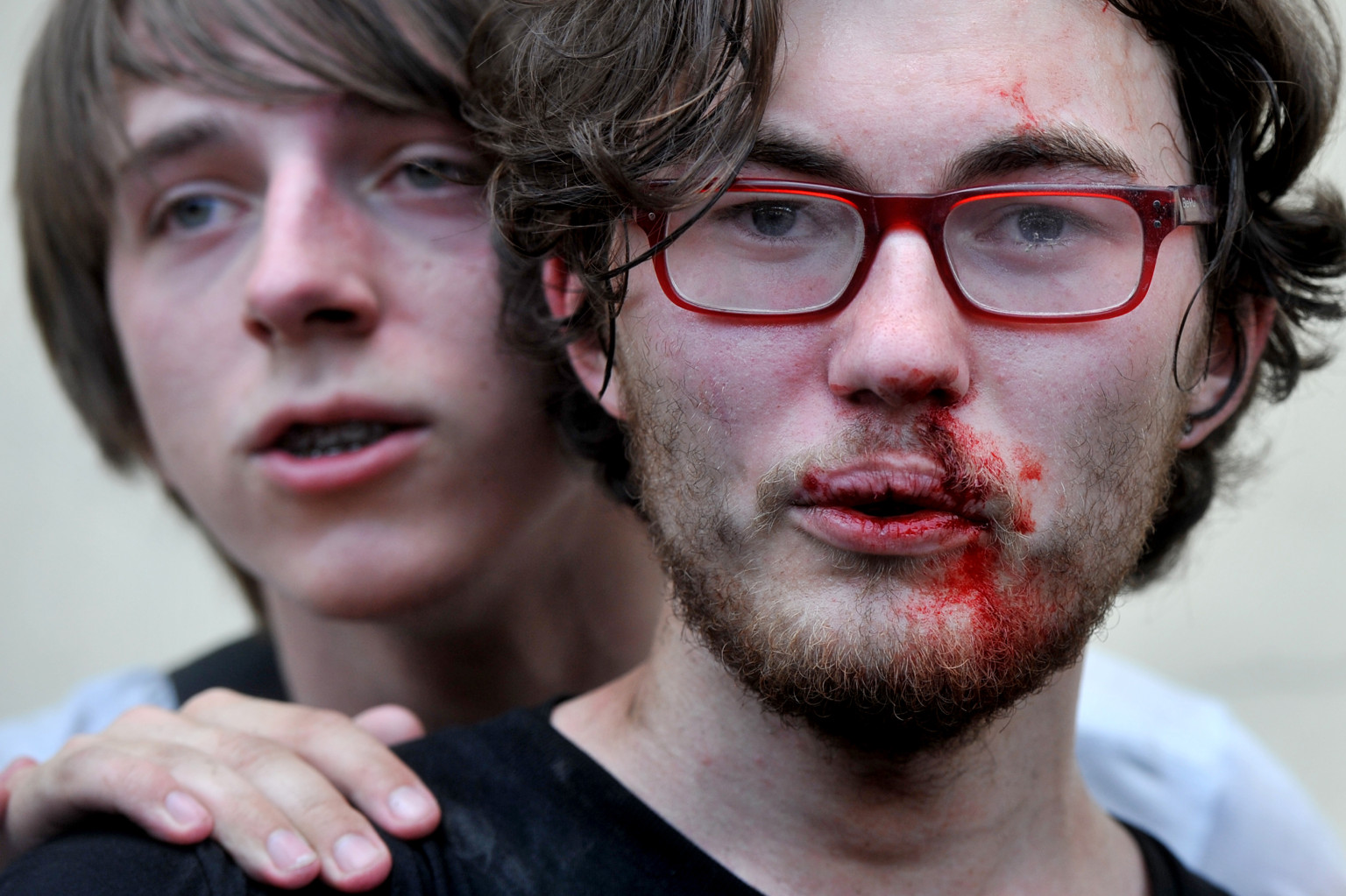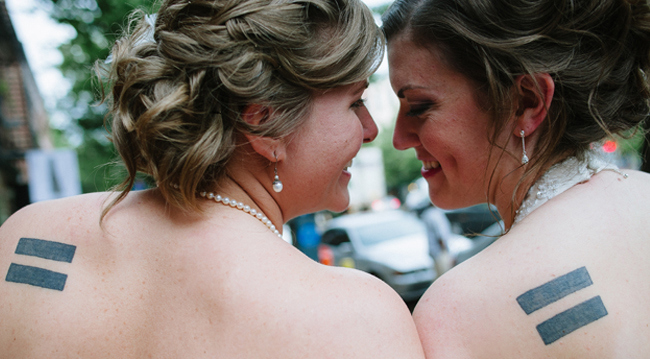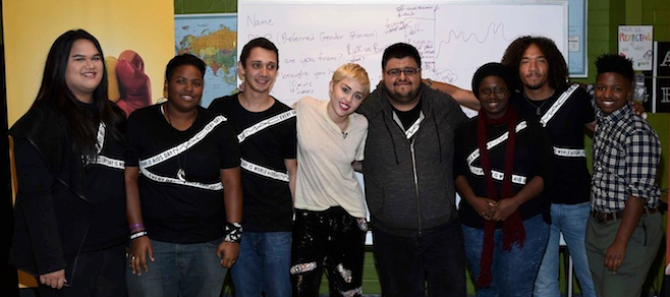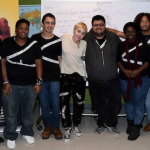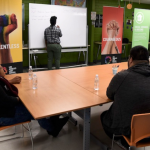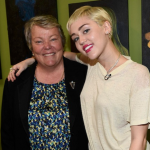Following a higher than expended turnout to the non-compulsory vote, the amendment to extend the right to marry to all couples regardless of gender will be passed with a decisive 2-to-1 majority across the republic.
Voters were asked to approve an amendment to the Irish Constitution that states: “Marriage may be contracted in accordance with law by two persons without distinction as to their sex.”

Making same-sex marriage legal requires a change to the constitution – that in Ireland can only be passed through a referendum.
Polling has consistently shown that at least 60 percent of people planned to vote in favour of equality, but campaigners warn that projections could be unreliable, as was seen in the recent UK Parliamentary elections.
The result goes to show there’s no “silent majority” against marriage equality. Even the most vocal anti-marriage equality campaigner was swift to realise his defeat, and gracious in doing so.
Many marriage equality activists across the globe advise against using a referendum to decide a minority civil rights issue – but when the numbers fall in our favour this compellingly, it sends them a clear message about the population’s sense of fairness.
Ireland has today proved it has come a long way on gay and lesbian rights in a relatively short time – homosexuality was illegal there until as late as 1993.
Earlier this year, an amendment was passed to make it possible for Irish same-sex couples to jointly adopt a child. Now we keenly await the first same-sex couples’ chance to walk down the aisle together.


